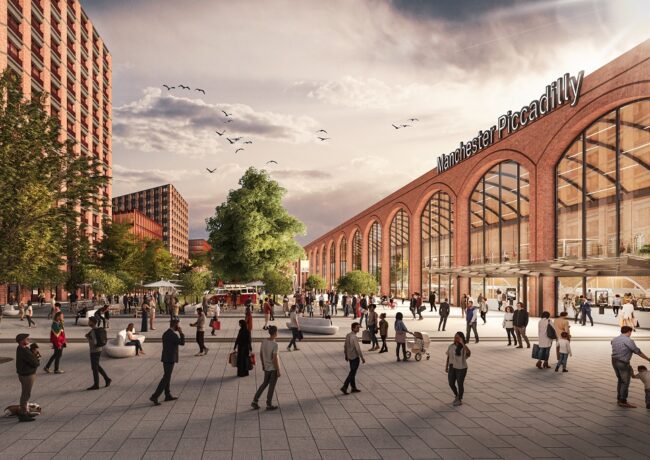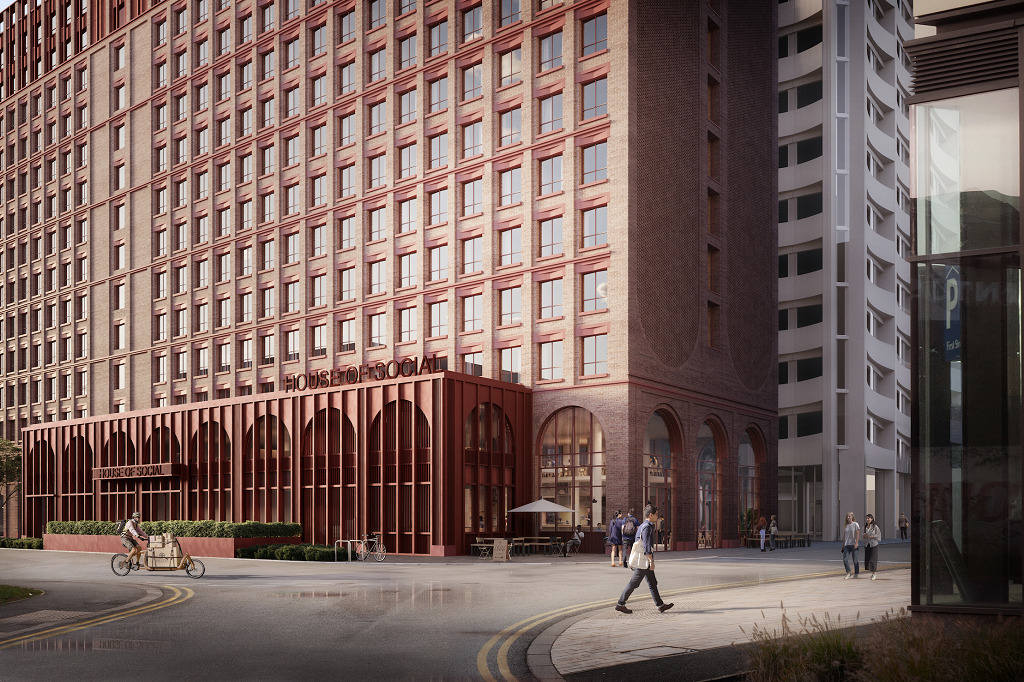Stockley: From Manchester to Moscow
Last year Manchester-based urbanist Martin Stockley swapped the North West for the Russian capital to work for property company State Development as chief engineer. He reflects on 12 months in Moscow and the cultural differences between the two countries.
At the end of 2013 I left my company Stockley, which was then renamed Civic Engineers. I was looking for a change and got a phone call in February 2014 inviting me to spend two-to-three years in Moscow setting up the engineering department of a development company. State Development is quite similar to Urban Splash in its interests in the cultural and creative aspects of development. My role is primarily to manage the engineering quality of our schemes from the inside, across Moscow, the Czech Republic and Vietnam.
In Moscow our work to date has been high-end residential apartment blocks. My first involvement with State Development was working in partnership with two other developers and the City Council to produce a creative industries-led masterplan, known as ArtKvartal, for two square miles of the north-eastern segment of the city stretching out from the banks of the Moscow River.
Clearly Moscow is a major world city and capital city which means it bears closer comparison to London than the North West. However, it is very dynamic, and that is something that similarly attracted me to Manchester in the early 1990s. There is an attitude of getting on with things and that is good for those of us who like to make stuff.
Differences
One of the most charming aspects of Moscow is also one which might surprise people; it is a very laid-back city. While we come from an old-capitalist, liberal democracy, this is a city which operates under something you might describe as a new-capitalist, authoritarian democracy. This is not to be overly-political, but it is an important aspect of how the city works and of how the people of this city behave.
In the UK we are accustomed to making rules and insisting that all, except the criminal and/or the very wealthy, follow those rules. Following the rules gives us our sense of security and fairness. Under Russia’s more authoritarian regime there are also rules but not all of these are followed, and importantly there are rules which almost nobody follows. Interestingly this creates a much more relaxed attitude and in some respects a more democratic result.
There is clearly a ruling class here – where isn’t there? In this new democracy there is a primary need to concentrate on social stability and fiscal strengthening. In the UK, our liberal democracy encourages us to expect more and complain at government under-performance. As a consequence our home news is full of social discontent. In Russia, there is an acceptance of an authoritarian government (as this is a country which has only ever operated under authoritarian regimes); expectation is lower and complaint seen as largely futile. The result is that life is in many ways more tolerable and enjoyable for all. People get on with life and are neither surprised nor distressed by government under-performance.
Developments
For a private developer the most marked difference from the UK is the lack of programme urgency. Coming from an industry where most development is externally funded and most sites are over-priced, I am used to programme dominating the process. However in Russia, if your funding is genuine investment funding and not lender speculation, and you buy the site for a steal or at least a reasonable cost, then programme is not your greatest concern and the focus is on managing cost and getting best value.
The dilemma here is the lack of an established body of private consultancies to provide good quality design input. European designers have had some success here but recently mainly on major public sector projects where higher fees can be tolerated. For foreign designers to succeed more widely in the private sector here requires a very different consultancy business plan.
Delivery
Perhaps the most refreshing element of city-life here is the dynamic approach to change. In the 25 years or so I spent battling with UK city councils overcoming resistance to street and public realm improvement we still only managed to deliver a handful of excellent but isolated schemes. UK City cycling initiatives are launched, and result in short lengths of cycle lane that lead nowhere.
In contrast, Moscow is also making itself more cycling and walking friendly and as I write, kilometres of streets in the centre of the city are bring dug-up and re-laid with wider pavements, new cycleways and narrower road lanes. The speed of transformation is extraordinary.
- As the founding member of engineering practice Stockley, now Civic Engineers, Martin Stockley advised on Manchester projects such as the post-1996 IRA bomb city centre masterplan, and buildings such as Urbis and No1 Deansgate. He was chairman of design review panel PlacesMatter! for five years.





“In the 25 years or so I spent battling with UK city councils overcoming resistance to street and public realm improvement we still only managed to deliver a handful of excellent but isolated schemes.” If you saw it as a “battle” I’m not surprised you didn’t get anywhere. Typical arrogant private sector attitude. The only creativity I’ve seen from many private sector creative ‘urbanists’ (nope – I’ve no clue either) is to ride a property boom/bust and get burned. Lucky for them the Government bailed them (via the banks and QE). No mention of the endemic corruption in Russia or dodgy employment practices – I can’t believe he didn’t come across any of it.
By Sceptic
Sceptical about this article title, however, actually found this a really interesting read. Thanks Martin! Great beard!
By ernshki